Fear and greed are two powerful emotions that can significantly impact traders' decision-making process. These emotions can lead to impulsive decisions, deviating from a well-thought-out trading plan, and ultimately result in financial losses. Recognizing and managing these emotions is crucial for long-term success in trading. Fear can manifest in various ways, such as the fear of missing out (FOMO) on a profitable trade or the fear of losing capital. This emotion might cause traders to exit their positions too quickly, not give their strategies enough time to work, or enter trades they would not typically consider.Greed, on the other hand, might compel traders to chase after unrealistic profits, hold on to a position for too long, or over-leverage their accounts. This can lead to significant losses and ultimately damage their confidence in their trading abilities.
The Power of Backtesting
The purpose of this article is to make the strongest case possible for back-testing as a crucially important way of understanding your system. In other articles I will suggest that too much back-testing is bad and that you can learn too many wrong lessons if you’re not careful. That said however, back-testing is an essential part of a complete trading plan.
Appreciating the art and science of trading
In any profession that features a strong human performance factor, there will surely be a mix of both art and science that contributes to the final product and performance level. Since the trading profession incorporates such a large amount of human psychology at both the individual and organizational level, it’s worth considering how both art and science are reflected in your own trading practice. It’s also good to know how strong you are in both dimensions so that you can insure you leverage your strengths while protecting your weaknesses.









